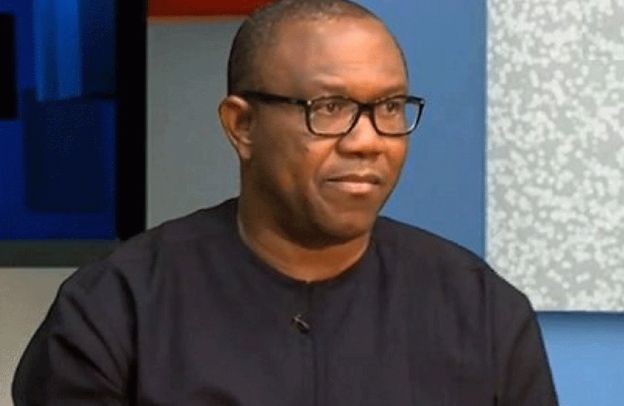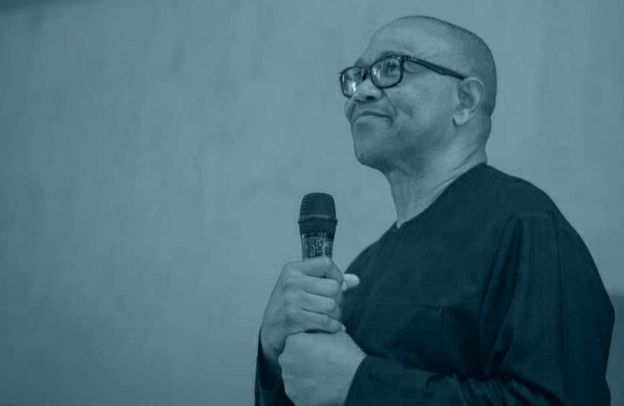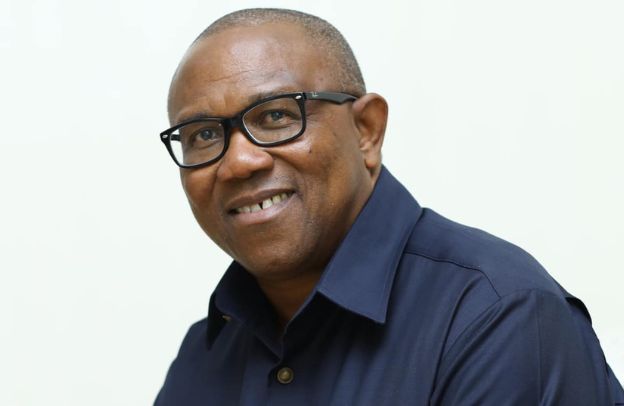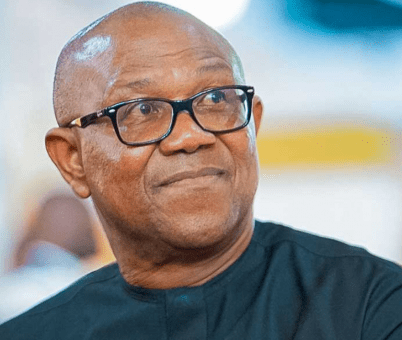The Nigerian Dream – A Vision of Hope

Situated in the West African region, Nigeria stands tall as the “Giant of Africa.” With a population of over 200 million people, it is not just the most populous country on the continent but also the sixth in the world. Nigeria is a melting pot of diversity, sharing borders with four neighboring countries – Benin, Cameroon, Chad, and Niger. Its southern coastline meets the vast Atlantic Ocean, graced by the serene Gulf of Guinea. Nigeria’s strategic location, coupled with its diverse culture and resources, makes it a country of immense potential, ready to take its rightful place in the global community.
Download the first chapter of The Storytelling Series: Beginners’ Guide for Small Businesses & Content Creators by Obehi Ewanfoh.
As a major player in the global oil industry, Nigeria holds the 13th spot as one of the largest oil producers in the world, as reported by the US Energy Information Administration. Beyond its vast oil reserves, Nigeria’s economic and financial strength is exemplified by its largest city, Lagos, which has earned its place as a thriving “World City.” Lagos is a hub of activity and commerce, with a diverse and dynamic population driving the city’s growth.
With Nigeria maintaining its position as the third-largest crude oil producer in Africa for October 2022, the country is poised for continued economic growth and development. As Nigeria continues to leverage its resources and expertise, it has the potential to make significant contributions to the global economy and secure its place among the world’s leading nations.
The Challenges that Nigeria Has Faced
The thriving population in the country has resulted in plenty of new issues, including traffic congestion and environmental deterioration. Although Nigeria has faced many challenges throughout its history, some of these are ongoing. Here are some of the main challenges Nigeria has faced:
Political instability
Nigeria has a history of political instability, including military coups, civil war, and ethnoreligious conflicts. This instability has often hindered the country’s development and progress. Nigeria has struggled with economic and political challenges, including high unemployment rates, inflation, and poverty. These challenges have contributed to social unrest and have created a sense of disillusionment with the government.
Corruption
Nigeria has been plagued by corruption for many years, which has impacted various aspects of life in the country. Corruption has affected the economy, government, and society as a whole, and has hindered the country’s development.
Poverty
Despite being one of the wealthiest countries in Africa, poverty remains a significant challenge in Nigeria. The country has a high poverty rate, and a large proportion of the population lives below the poverty line.
Insecurity
Nigeria has experienced a range of security challenges, including insurgency, terrorism, banditry, kidnapping, and communal clashes. These security challenges have caused loss of life, displacement of people, and economic losses.
Infrastructure
Nigeria has struggled with inadequate infrastructure in many areas, including transportation, power supply, and water supply. This has hindered the economic growth and development of the country.
Education
Nigeria faces challenges in providing quality education to its citizens, especially in rural areas. This has resulted in a high illiteracy rate and limited opportunities for many Nigerians.
Health
Nigeria faces challenges in providing adequate healthcare to its citizens, including poor infrastructure, inadequate funding, and a shortage of healthcare workers. This has contributed to a high mortality rate and a low life expectancy.
Inspiration for Nigeria to Move Forward
Overall, Nigeria faces many challenges, but the country has made progress in addressing some of these challenges in recent years. It is the most crucial political player in the region, especially when it comes to regional stability. This also includes its connection with maritime safety in the Gulf of Guinea.
Interestingly, Nigeria also plays a significant role in conflict resolution in the region. However, a new vision can inspire Nigeria to move forward in several ways:
Unity
Unity can be a powerful force in inspiring Nigeria to move forward. The most crucial ways in which unity can be a catalyst for progress in the country include promoting inclusivity, fostering cooperation, and building trust among different groups. Moreover, Nigerians can unify around a common purpose and goal, promoting national cohesion and reducing ethnoreligious tensions.
Economic development
A new vision for Nigeria to move forward can focus on economic growth and development, encouraging innovation, entrepreneurship, and investment in key sectors such as agriculture, manufacturing, and technology. This can create jobs, reduce poverty, and improve the standard of living for Nigerians.
Infrastructure development
Nigerians can prioritize infrastructure development, including transportation, power supply, and water supply. This can improve the country’s competitiveness, promote trade and investment, and enhance the quality of life for Nigerians.
Education and healthcare
A new vision can emphasize the importance of education and healthcare, providing quality education and healthcare to all Nigerians. This can increase human capital, promote social mobility, and improve the overall well-being of Nigerians.
Good governance and accountability
Promoting transparency, rule of law, and anti-corruption measures, a new vision for Nigeria can prioritize good governance and accountability. This can improve the effectiveness and efficiency of government, reduce waste and inefficiency, and promote public trust and confidence.
A new vision for Nigeria that addresses these areas can help the country move forward, promote sustainable development, and improve the quality of life for Nigerians. It will require the cooperation and commitment of all stakeholders, including the government and private sector, civil society, and citizens.
The Way Forward
Although Nigeria has faced a lot of challenges as a nation and has overcome many, some of the challenges still prevail in the country and need attention. Not only the Nigerian government but the public also has to play its role in achieving the collective goals of the country.
Nigerians need to make concrete plans for attaining some clear development goals within a definite period. They need to change the structure of their politics to enable the alignment of every government institution with the pursuit of those goals. People with the same thoughts and ideas have been recycling in Nigeria within the same system that has not worked.
To change the system and move forward, the people of Nigeria need to alter the course of their nation for the betterment of the millions of people who have no education and employment, and no access to power and healthcare. In fact, Nigeria is regarded as the country with the highest unemployment rate in Africa. As a means of survival, many jobless adolescents have turned into internet scammers as well.
Moreover, corruption has been a big issue in the country for quite some time. This is because political leaders have a history of promoting and engaging in corrupt practices. All these challenges that prevail in Nigeria need to be encountered and a new vision of hope needs to be incorporated within the country to let Nigeria rise and become the true giant of Africa.
Conclusion on The Nigerian Dream – A Vision of Hope
Nigeria’s future is in the hands of its leadership, and it’s time for a transformative approach. To inspire citizens to dream the Nigerian dream, deliberate policies and good governance must be at the forefront of the next administration’s agenda. The path to progress is not without its challenges, and corrective leadership is necessary to overcome them.
No government has all the solutions, but progressive leadership is about acknowledging past failures and taking decisive action to remedy them. The upcoming administration must be prepared to address the underlying issues left by its predecessors, surgically removing the malignant afflictions that hinder Nigeria’s growth and development. With a transformative and corrective approach, Nigeria can achieve its full potential and fulfill the aspirations of its people.
Learn how to master your storytelling skills so you can build your influence. Download the first chapter of The Storytelling Series: Beginners’ Guide for Small Businesses & Content Creators by Obehi Ewanfoh.





